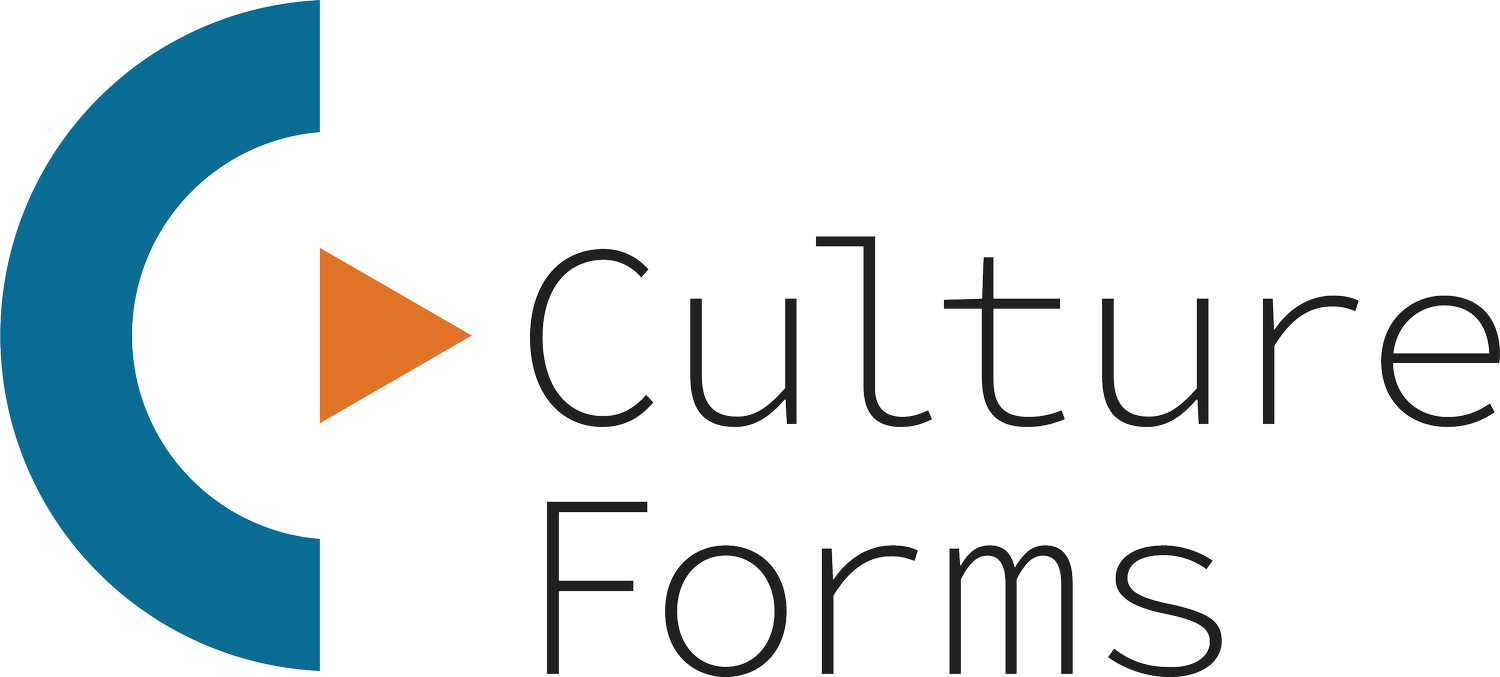On Uncertainty (Syllables of Work)
Working with a new client some weeks ago, I held a simple community-building exercise that I’ve led many times before.
As tends to happen when we act with intention, the mood of the organization’s Zoom-room improved as we spent time together. Someone sent me a note afterwards: in case no one told you yet, that is exactly the sort of thing our team needed.
Later that day, I was describing the practice I’d just led to a peer—I call the format “Bring Your Own Question,” and it’s that simple—and as I shared how the session went, I found myself realizing that perhaps the reason why it works is that its form allows me to remember that no single person has control, not even me, the facilitator.
But if we’re being honest, even if I were the kind of facilitator who accounted for every moment of a 90-minute space, I still wouldn’t have control: people might join a call after a challenging meeting or a sleep-inducing lunch; someone in the group might be grieving, or perhaps it’s their first week on the job; an organization may be experiencing growing pains with purpose or without. No matter how much one prepares, there’s no way for a facilitator to anticipate how people are going to show up.
What I can do is prepare to be as nimble as possible.
To be able to do that, I need to be clear with myself about however I’m feeling that day. 90% of my own prep is emotional: simply trying to get myself into a state where it’s okay for me to not know, even in settings where I may be considered the expert.
So how do I get comfortable being the nimblest facilitator I can be, even among strangers?
Sometimes it means going for a walk or run to lose my nerves, or it means calling a loved one, or sweeping the apartment and letting my mind wander, or, as I found myself recently—50 minutes before a space I regularly facilitate—drinking coffee in bed, granting myself some TLC in this challenging winter.
Being a facilitator means 1) creating an intentional and sometimes modular choreography for conversations, and 2) allowing space for the chaos of not knowing what might come up.
I can meet a group and its individuals exactly where they are when I employ formats that make room for the endless possibilities of being human, whether tried and true or newly invented.
